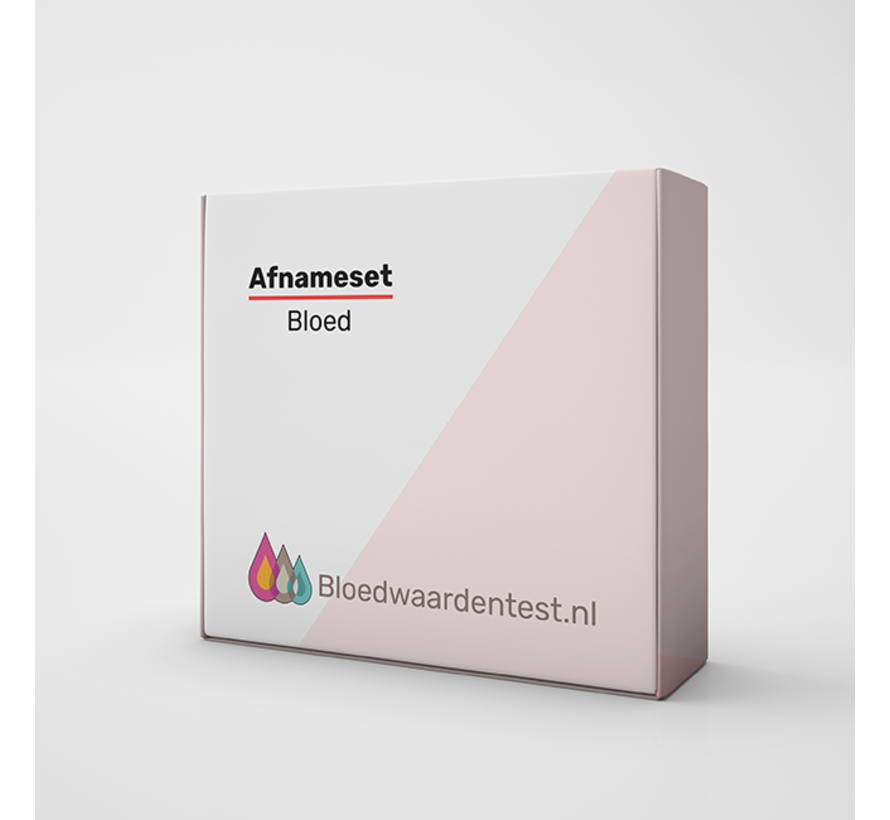Rubella Red Dog IgG am I immune to it?
This examination tests for:
- Rubella IgG from serum
this test is usually requested in vertility programs, whether combined with IGM or not.
Pregnants are regularly tested for rubella. This is not necessary. If a pregnant person is seronegative and has ever been vaccinated (at least once), she is still protected. If she has never been vaccinated, vaccination can be offered after pregnancy.
Rubella IgG from Serum
Assessment of Immunity: Rubella (rubella) is an infectious disease that can cause serious birth defects if a woman becomes infected during pregnancy. Testing Rubella IgG from serum helps determine if a woman already has antibodies to rubella virus, indicating immunity. Women who are immune are at much lower risk of transmitting the disease to the fetus.
Prevention of Congenital Rubella Syndrome (CRS): By knowing immunity status, health care providers can take appropriate measures to minimize the risks of CRS, which can lead to deafness, heart defects and other serious health problems in newborns.
What is rubella?
Rubella or rubella is a contagious spot disease caused by a virus. The disease usually has a mild course. When women who are not protected experience rubella in the first half of pregnancy, there is a risk of birth defects in the baby. A primary rubella infection in the first 4 weeks of pregnancy gives a high risk of congenital rubella syndrome (CRS) (± 80%). This can manifest as deafness, cataracts, cardiac abnormalities, pulmonary hypoplasia, and central nervous system disorders, among others. The risk of clinical abnormalities decreases as pregnancy progresses (at 13-16 weeks' gestation ± 10%). In the second half of pregnancy, the incidence of rubella-associated anomalies is less than 2%.
Since 1974, vaccination against rubella has been included in the National Vaccination Program (RVP): first only for girls, and since 1987 as part of the BMR vaccination for all children. Because most children are vaccinated, the disease is no longer common in the Netherlands.
What is the rubella screening policy during pregnancy?
There is no nationwide, uniform screening policy for rubella. The Dutch College of General Practitioners (Nederlands Huisartsen Genootschap) recommends rubella titers only for women who are unlikely or uncertain to have been vaccinated in the past, such as foreign women. Pregnant women who have been vaccinated against rubella should be considered adequately protected. For those women, rubella screening in pregnancy is not necessary.
Assessing a screening test result.
A rubella test result with an IgG value of 20 IU/mL or higher is considered to be adequately protected. At lower values, interpretation depends on what the laboratory indicates.
If the vaccination was given a long time ago and no boosting by natural exposure has occurred, the antibody titer drops. Thus, the level of the titer measured actually says little about the immunological memory present. When a screening has been performed on a routine basis and is found to be negative, the policy is to still check whether the woman has ever been vaccinated. If so, she may be considered protected.
Seroconversion occurs after vaccination in 98-100% of those vaccinated. The protective effect of vaccination is 95-97%. Protection persists for a long time due to a memory effect. If the woman was not previously vaccinated, there is an indication for mumps/mumps/ rubella (BMR) vaccination if she wants to become pregnant again in the future. After the pregnancy is over, vaccination can still be done. Pregnant women who have had contact with someone with rubella and for whom it is unclear whether they have been vaccinated against rubella should contact the obstetrician, gynecologist or family doctor.
Source: RIVM's National Coordination for Infectious Disease Control (LCI) T. Oomen, Center for Infectious Disease Control, RIVM, Bilthoven







